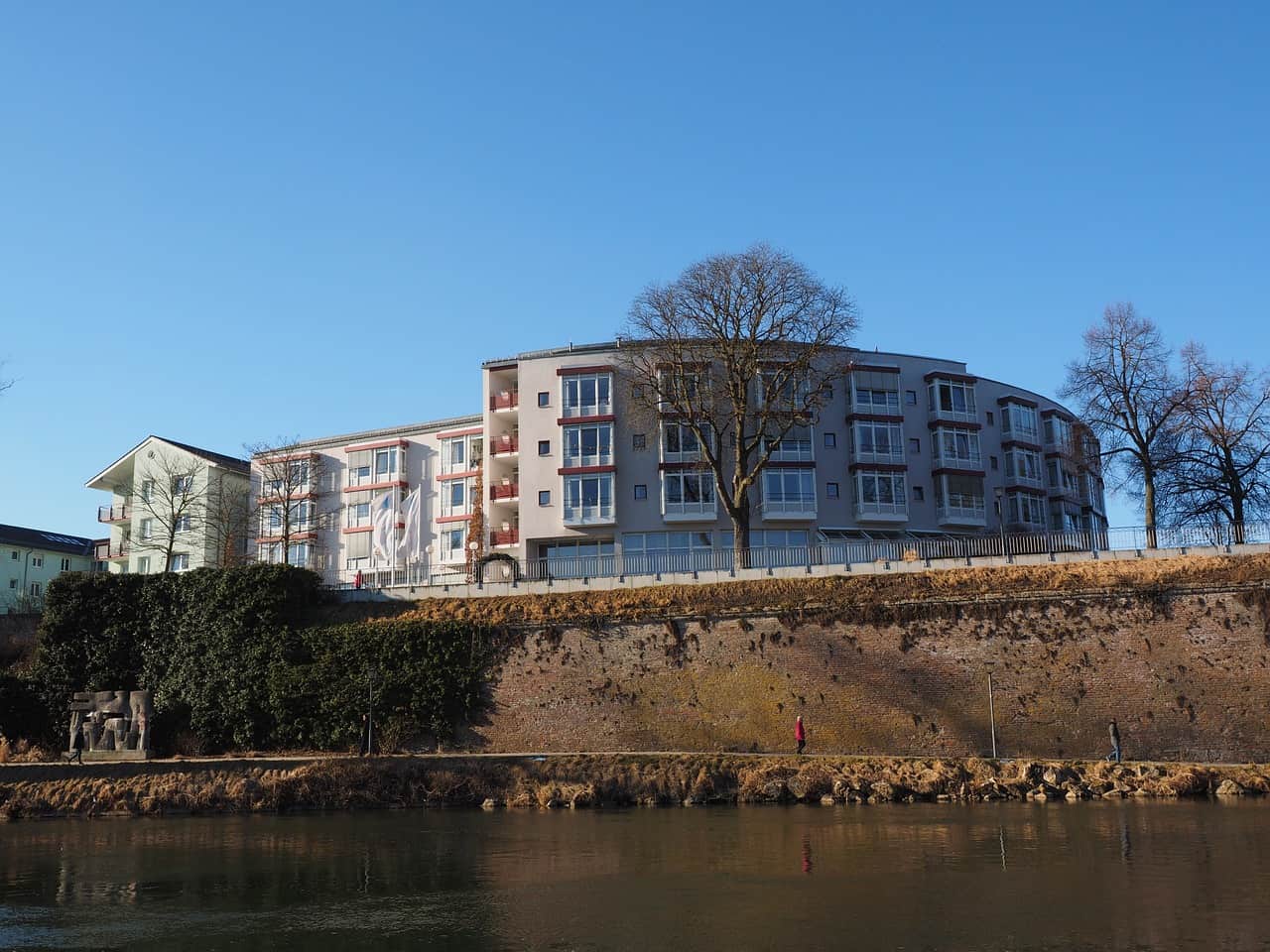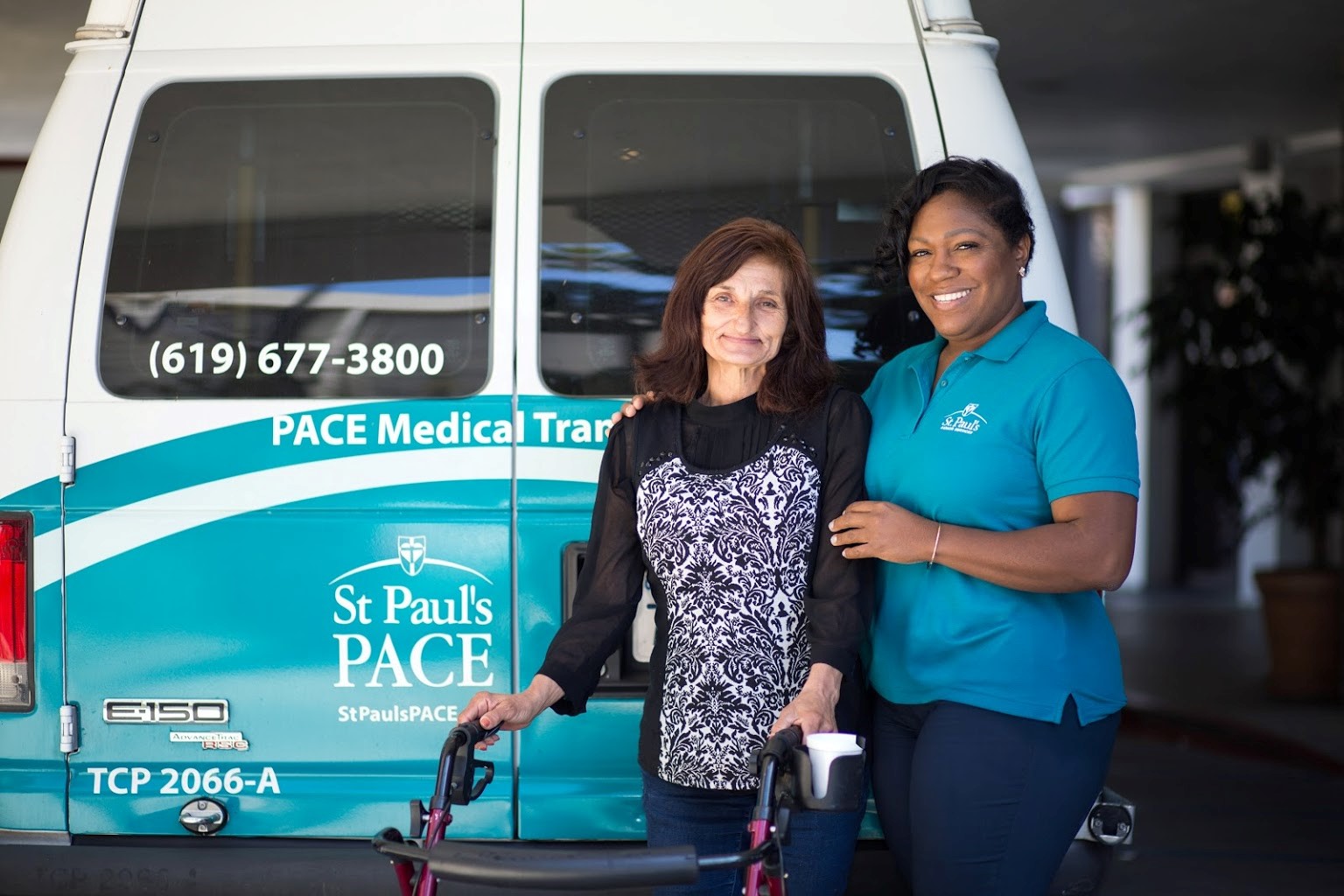As our parents or elderly loved ones age, they have numerous options when looking for the perfect senior homes like St. Paul’s Senior Services to spend their golden years. Of course, many remain in their homes. Some are looking for an easier way of life, free from the daily chores that homeownership requires, while others seek out the company of people their own age, with opportunities for socializing and daily activities. Still others require assistance with daily living, such as managing medications, dressing and bathing.
If your loved one can still do everything for themselves and would like to live among peers and enjoy scheduled activities, independent living communities, also called retirement living, are an excellent option. They offer a safe, secure and social environment for active, independent seniors.
Senior Living Communities
Seniors in independent housing may live an apartment, a small home or a cottage. These communities usually have on-site staff members that provide a small amount of supervision and offer a “maintenance-free” living option, often providing housekeeping, laundry and dining services.
Independent living is perfect for people who:
- Want to maintain their independence.
- Want to rid themselves of the burden of cooking, cleaning and maintaining a home.
- Want more social interaction than living at home.
- Like the security of people around other people and getting some supervision from the staff.
If your loved one is still able to move about freely and is seeking a certain amount of independence, but needs help with some daily activities such as bathing, preparing meals, taking medication, or dressing themselves, an assisted living community may make sense. Residents of an assisted living community live in their own apartment and are able to come and go as they please, while receiving assistance as needed. They can dine with others in a dining room or make their own meals. Quality senior care living communities offer a variety of daily activities to choose from. At an independent living community, your loved one will still have independence while getting the care and senior services they need to lead a fulfilling life.
 Assisted Living and Memory Care Options
Assisted Living and Memory Care Options
An assisted living facility may also be able to help if your loved one still has certain cognitive abilities, but is beginning to show signs of dementia that could result in isolation, frustration, or forgetting critical tasks such as taking medication. Communities that have “memory care neighborhoods” have caregivers who receive specialized training in memory care along with added security measures to manage residents’ safety. Memory care programs can also include brain fitness exercises, memory-building practices, and specialized therapy for residents living with dementia. If a resident begins to show signs of greater physical needs, the staff will begin to talk to the family about making the transition to a skilled nursing community.
In general, assisted living communities:
- Can provide direct assistance with everyday tasks, like bathing, dressing and meals.
- Have trained staff available and monitoring 24 hours a day.
- Help residents maintain their dignity while aging.
- May have specialized units for residents with Alzheimer’s or dementia.
- Can help with transportation to doctor appointments.
- Often have busy activity calendars to keep residents engaged with other residents.



 Assisted Living and Memory Care Options
Assisted Living and Memory Care Options

